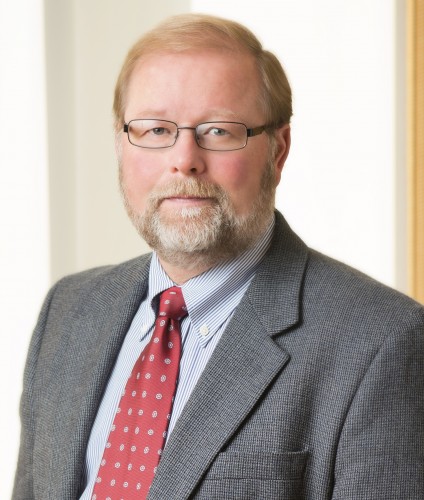
Affiliated Departments & Programs
Joseph L. Klesner has taught political science and interdisciplinary international studies courses at Kenyon since 1985. His early scholarly work focused on Mexican electoral politics and the transition from one-party rule to competitive politics in that country. More recently, he has focused his research on political culture and public opinion, especially in Latin America, publishing articles on social capital, political participation, and the impact of corruption on trust in the region. His textbook, "Comparative Politics: An Introduction," was published by McGraw-Hill in 2014.
Klesner returned to a full-time faculty role in 2022 after eleven years in administration, first as associate provost (2010-13), then provost (2013-20), and finally as senior advisor to the president for strategic planning (2020-21). He is also the director of the Center for the Study of American Democracy. During his time at Kenyon he has directed the interdisciplinary International Studies Program and chaired the Department of Political Science. He also served as chair of the Kenyon faculty (1998-2000), chaired the Faculty Lectureships Committee and the Curricular Policy Committee, and coordinated two of the College’s recent presidential searches.
Klesner has held three Fulbright awards (Mexico, 1983-84; South America, 1993; and Ireland, 2005-6). In the most recent of those he taught in the Department of Politics and International Relations at University College Dublin. His teaching interests include the introductory comparative politics course, "Modern Democracies," and courses on democratic practice and on public opinion and political culture. He often teaches the capstone senior seminar in International Studies.
Areas of Expertise
Comparative politics, public opinion, political culture, democratic transitions, authoritarian rule, electoral politics, Mexican and Latin American politics
Education
1988 — Doctor of Philosophy from Massachusetts Institute Tech
1983 — Master of Science from Massachusetts Institute Tech
1980 — Bachelor of Arts from Central College Iowa